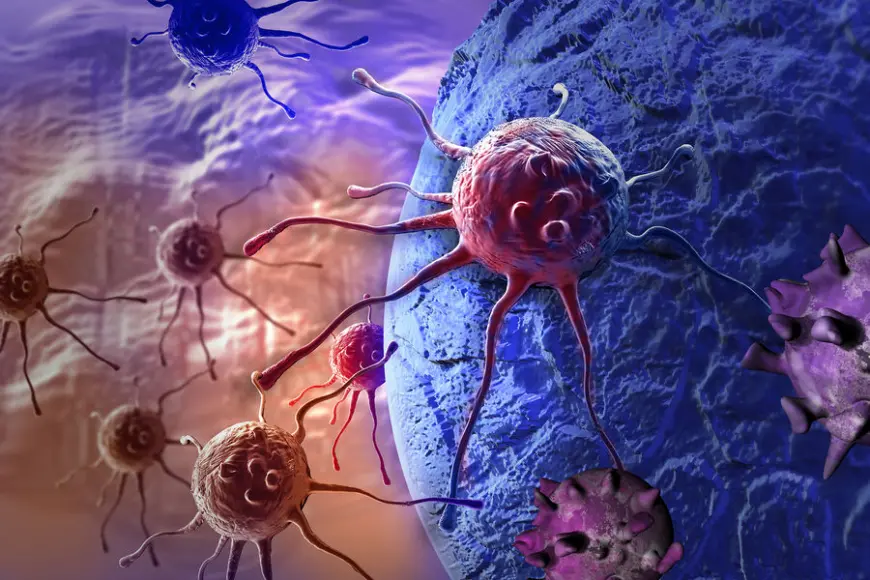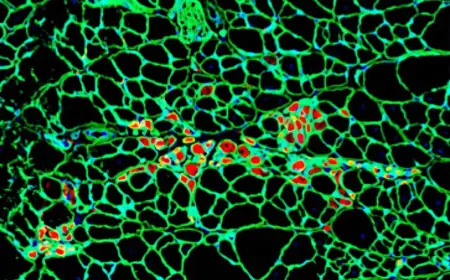Scientists Discover a “Window of Vulnerability” in Prostate Cancer Cells
MCT: Dormant cancer cells become vulnerable after awakening

Researchers from the Vall d’Hebron Institute of Oncology (VHIO) in Spain have found that dormant prostate cancer cells become particularly sensitive to treatment upon reactivation. The findings were published in the journal Molecular Cancer Therapeutics (MCT).
Prostate cancer is the second most common cancer among men and ranks fifth in cancer-related deaths. Hormonal therapy that blocks androgen receptor signals remains the standard treatment for metastatic prostate cancer. However, resistance often develops, prompting the need for alternative strategies.
One promising approach involves CDK4/6 inhibitors — drugs already successful in treating breast cancer and showing promise in preclinical models of prostate cancer. Yet, clinical trials in patients have so far failed to deliver. To understand why, scientists investigated not just the immediate effects of the drugs but also delayed cellular responses.
They discovered that some cancer cells do not die after treatment but instead enter a dormant state, lying in wait. Later, these cells may “wake up” and cause relapse. Crucially, this reawakening phase creates a “window of vulnerability,” during which the cells become highly sensitive to senolytic drugs — agents that selectively eliminate such reactivated cells.
Additionally, researchers found that the sudden withdrawal of CDK4/6 inhibitors leads to rapid DNA damage accumulation, making tumors especially responsive to PARP inhibitors (PARPi). However, the treatment sequence is key: CDK4/6 inhibitors must come first, followed by PARP inhibitors. Simultaneous use showed minimal effect.
“This dual-hit strategy may help overcome drug resistance and improve outcomes for patients,” said Dr. Joaquín Mateo, oncologist and head of the VHIO Prostate Cancer Research Group.



























